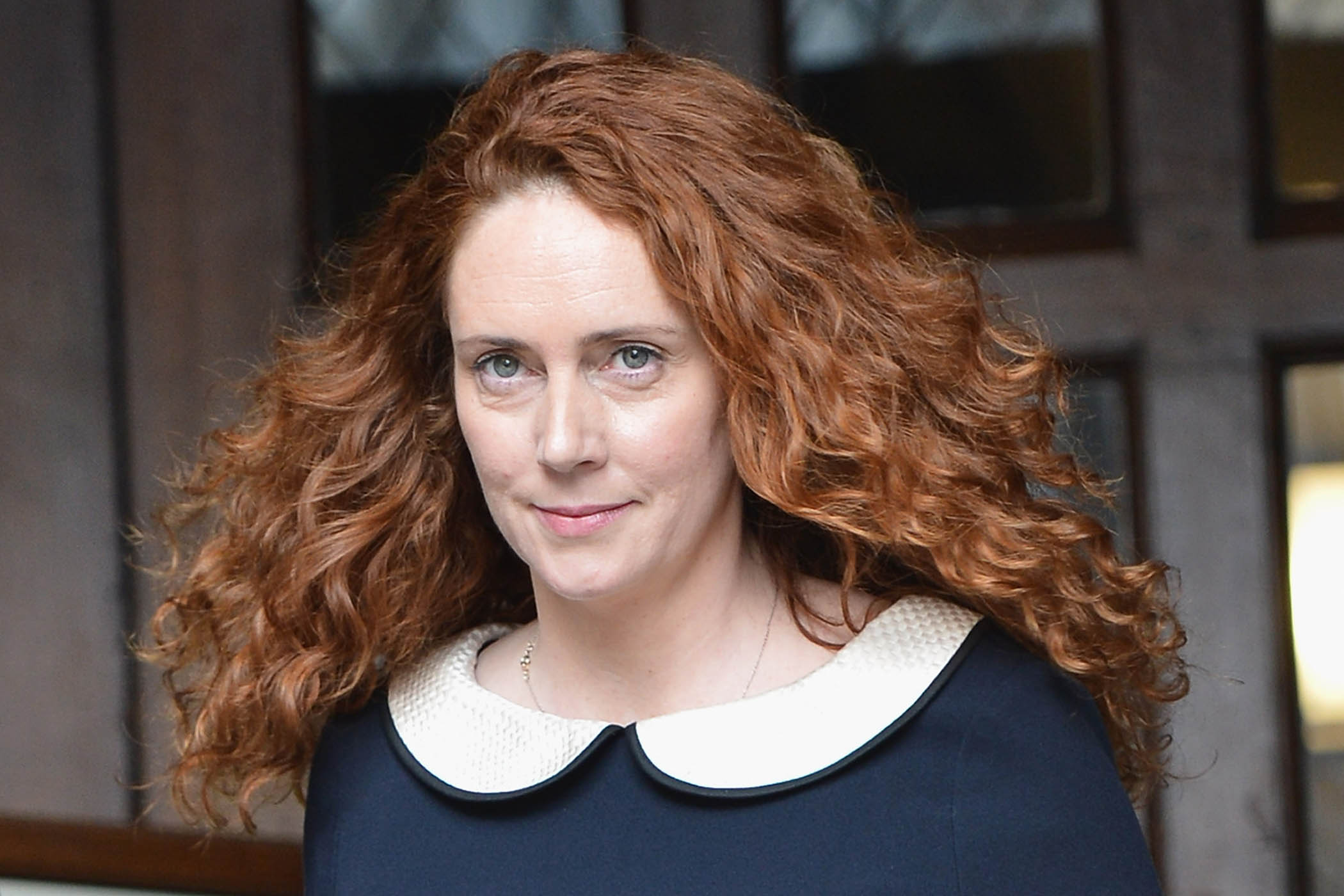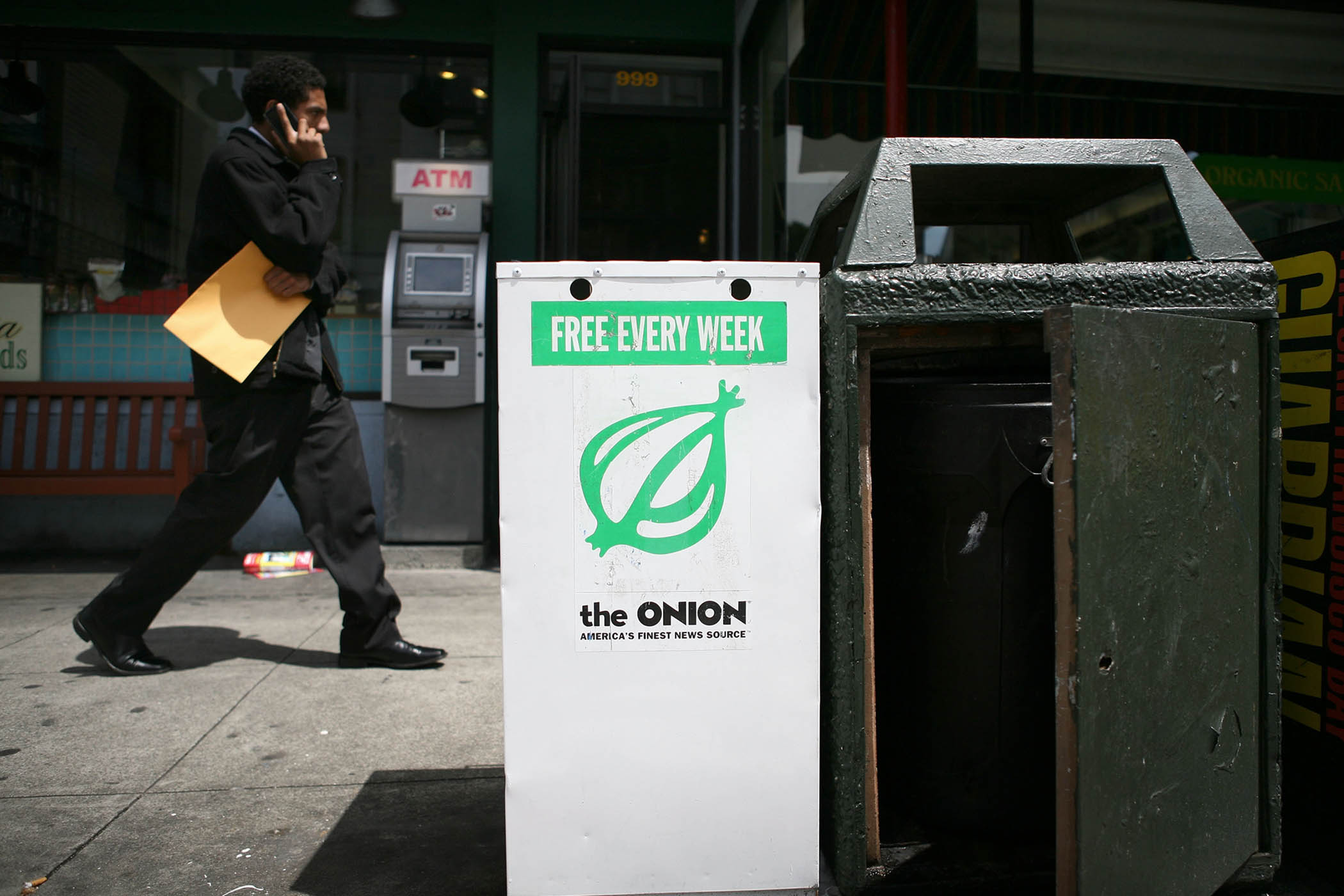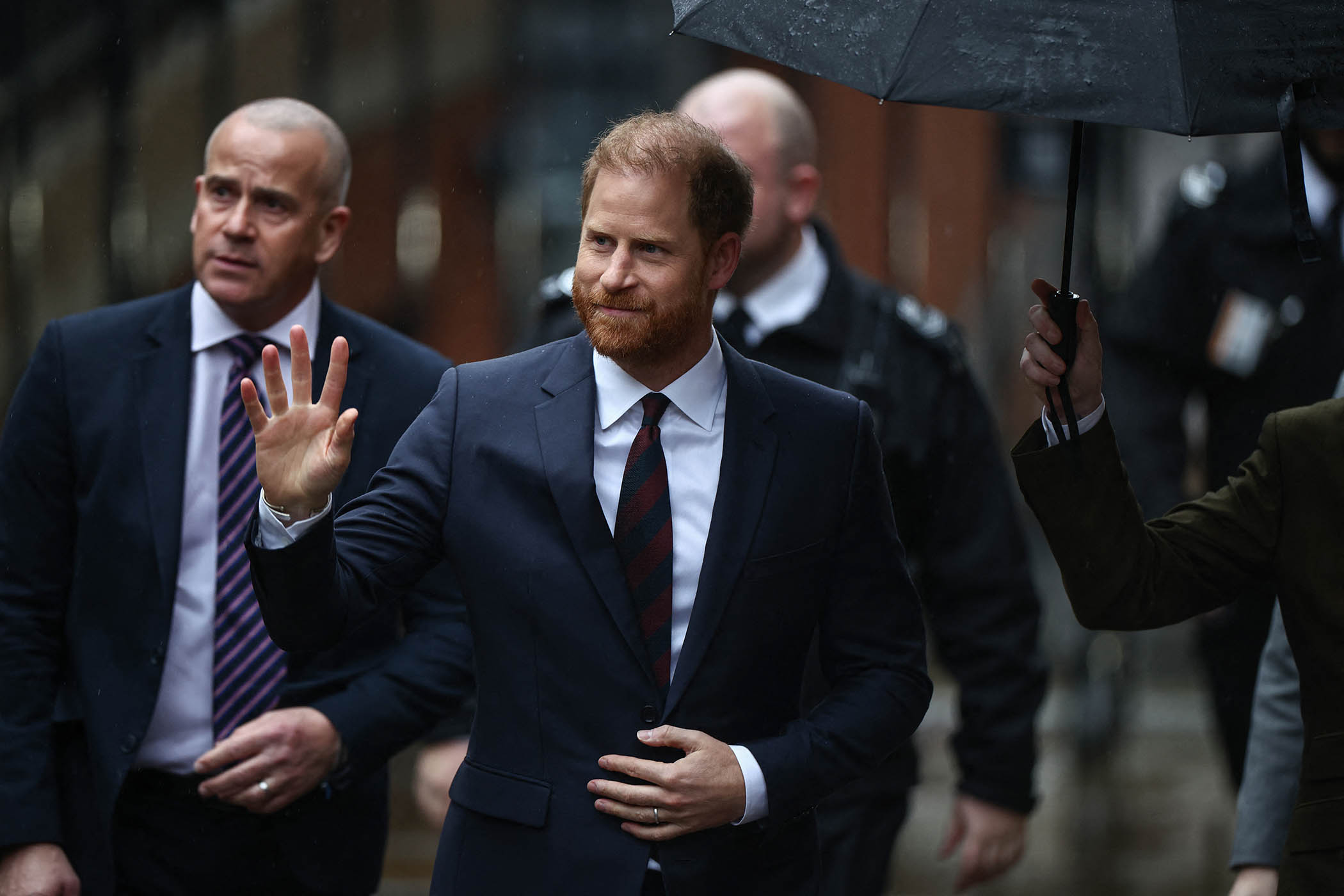Victims of the phone hacking scandal did not get their private lives back, though hundreds eventually received compensation via the courts.
As evidence has grown of endemic privacy intrusion – and not just by the News of the World – victims have been notified and have taken their cases to court. The Sun refused to admit any culpability until the start of this year when – in response to legal action led by Tom Watson and Prince Harry – it finally confessed to commissioning illegal activities.
By 2024, it was estimated phone hacking had cost News Corp more than £1bn in settlements and legal fees, but the figure is still rising. Reach (formerly Trinity Mirror and owner of the Daily and Sunday Mirror) has paid out about £100m to date.
The evidence of systemic intrusion came to light thanks in part to whistleblowing private detectives and journalists. Once Glenn Mulcaire, Steve Whittamore, Paul McMullan, Dan Evans and others realised the papers that had hired them to hack phones and blag personal records had no intention of protecting them, they told police and victims what they had been paid to do.
Police arrested dozens of reporters during their slew of operations – Weeting, Elveden, Tuleta, Pinetree and Golding – holding some of them on bail for months, though most were not charged. Neville Thurlbeck – author of the infamous Thurlbeck emails – was fired by News International in 2011, prosecuted and sentenced to six months. He later won his unfair dismissal case against the company and wrote a memoir about the “absurd and bonkers world” of tabloid journalism.
Andy Coulson, whose elevation from NotW editor to No 10’s director of communications gave Nick Davies’s investigation political heft, was found guilty in 2014 and sentenced to 18 months. He went on to start a corporate communications firm, protecting the privacy of corporations and chief executives.
The Leveson inquiry did not lead to root-and-branch reform of press regulation. The newspapers’ self-regulatory body – the Press Complaints Commission (PCC) – was re-branded rather than reformed. Having refused to set up a Leveson-compliant regulator, the big groups – News International, the Telegraph Media Group, Trinity Mirror (now Reach), and others – established a self-regulatory body, the Independent Press Standards Organisation (Ipso), that looked very similar to its predecessor. Ostensibly, Ipso has the power, unlike the PCC, to launch investigations and issue fines up to £1m. Yet in its 10-years, it has never run an investigation or issued a fine.
A second press regulator, Impress, was, set up and regulates around 200 publications, most local or independent. It complies with Leveson’s standards and has carried out investigations. One of its members, Prospect magazine, is edited by Alan Rusbridger. He is the former editor of the Guardian, which despite exposing the whole phone hacking affair, is neither a member of Ipso or Impress. It has chosen to police itself, as has the Financial Times and the Independent.
Related articles:
Of all those involved, senior news executives and owners emerged relatively unscathed. Rebekah Brooks was prosecuted but cleared of all criminal charges. This despite admitting in 2003 her paper had paid police, and despite editing the NotW from 2000-2003 and the Sun from 2003-2009, the period when hacking was rampant. She was strongly supported throughout the inquiry by Rupert Murdoch who, when asked his top priority replied “this one”, indicating Brooks. After she was cleared in 2014, Murdoch made her News UK’s chief executive, overseeing all the company’s UK titles, a position she still holds.
The second part of the Leveson inquiry – which would have looked at corporate governance failures at NI and at payments to police – was abandoned in 2018.
Newsletters
Choose the newsletters you want to receive
View more
For information about how The Observer protects your data, read our Privacy Policy
James Murdoch, executive chairman of News International from 2007, did not investigate hacking, although he was told in a 2008 email it was rife at the NotW. In his defence, he said he had not properly read the email. He resigned in 2012, but was appointed chair of a reconstituted Sky a few years later.
The email was one of millions deleted in 2011, in what appeared to be – a detective later said – an effort to “frustrate the police inquiry”. Will Lewis, brought in to clear up the hacking mess, was later accused of giving a “green light” to the mass deletion. He went on to head Dow Jones and is now chief executive and publisher of the Washington Post.
Rupert Murdoch, who in the wake of the Milly Dowler revelations – aged 80 – told MPs it was the most humble day of his life, did not withdraw to a quiet retirement. After splitting his empire, he fought to ensure the news group passed to his chosen heir, Lachlan. Last month, he was a guest at Keir Starmer, Donald Trump and King Charles at the Trump state banquet in Windsor castle. Later this year, ex-editor of the Scottish Sun and the Sun, David Dinsmore, will take over as Keir Starmer’s director of communications.
Martin Moore was director of the Media Standards Trust and a co-founder of the Hacked Off campaign. He gave oral and written evidence to the Leveson inquiry and is joint author of Dictating Reality: the Global Battle to Control the News
•
Further reading: Last call for the phone-hacking scandal – but is anyone still listening?
Photograph by Christopher Furlong/Getty Images


